All Stories
-
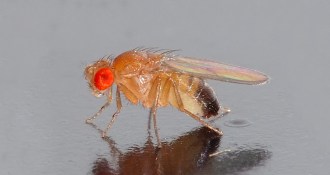 Genetics
GeneticsEvolution caught red-handed
Scientists have named a new gene on the fruit fly Y chromosome “flagrante delicto Y.”
-
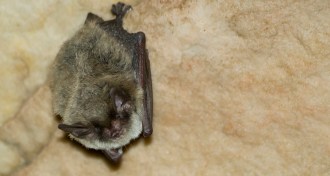 Ecosystems
EcosystemsPatrolling bats protect corn fields from pests
Bats play a key role in protecting corn from pests and fungus.
-
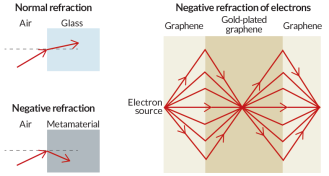 Materials Science
Materials ScienceElectron waves refract negatively
Waves of electrons have been bent backward in a sheet of graphene, allowing physicists to focus electrons the way a lens focuses light.
By Andrew Grant -
 Psychology
PsychologyPeople find the skin of others’ softer than their own
Humans perceive other peoples’ skin as softer and smoother than their own because touch is important in social bonding, researchers suggest.
-
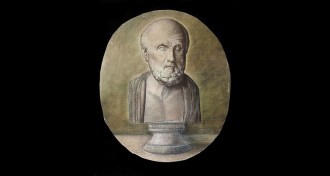 Math
MathEvidence-based medicine lacks solid supporting evidence
Saving science from its statistical flaws will require radical revision in its methods
-
 Animals
AnimalsShipwreck provides window into Tudor-era cod fishing
In the 1500s, England was feeding its navy with fish caught far from home, a new study finds.
-
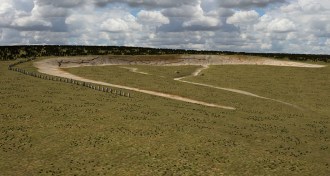 Archaeology
Archaeology‘Superhenge’ once lined Stonehenge neighborhood
A row of massive, now-buried stones once bordered a site near Stonehenge.
By Bruce Bower -
 Health & Medicine
Health & MedicineClinical trial suggests new blood pressure standard
Preliminary results from a clinical trial suggest lower blood pressure targets could reduce rates of cardiovascular diseasae.
By Meghan Rosen -
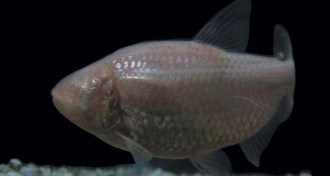 Animals
AnimalsLoss of vision meant energy savings for cavefish
Novel measurement feeds idea that tight energy budgets favored vision loss in cavefish.
By Susan Milius -
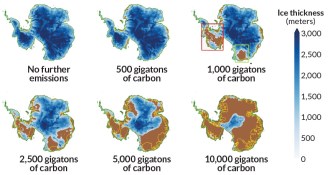 Climate
ClimateBurning remaining fossil fuels would eradicate Antarctic ice
Finishing off Earth’s available carbon resources would nearly eliminate the Antarctic ice sheet and raise sea levels by more than 50 meters, new research calculates.
-
 Genetics
GeneticsBad Karma can ruin palm oil crops
Missing epigenetic mark makes for Bad Karma and poor palm oil crops.
-
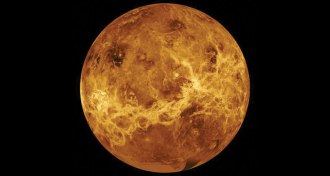 Planetary Science
Planetary ScienceAsteroid impacts may explain Venus’ missing oxygen
Asteroid impacts on Venus might have helped sequester oxygen left behind when Earth’s sister planet lost its water, new simulations show.